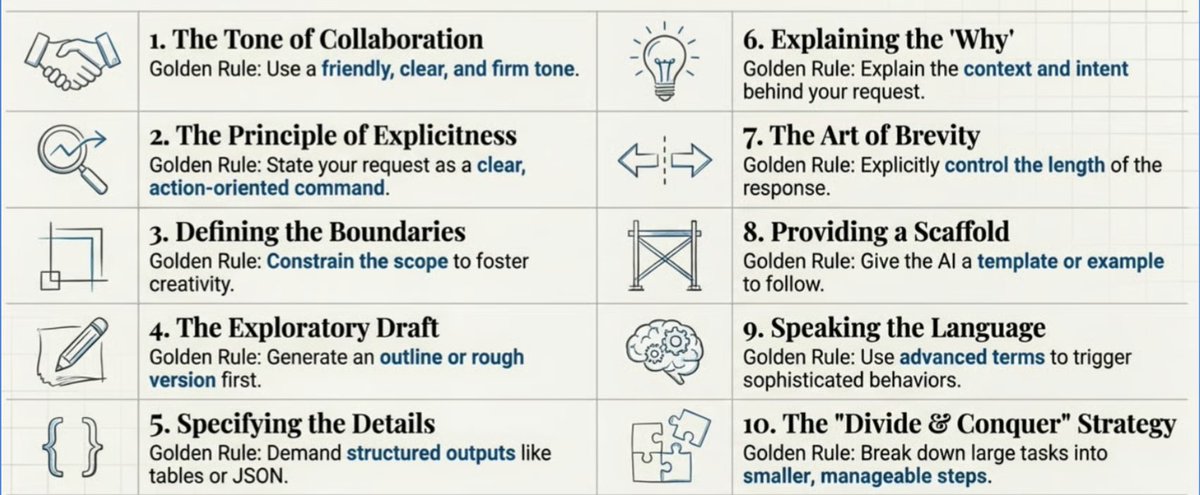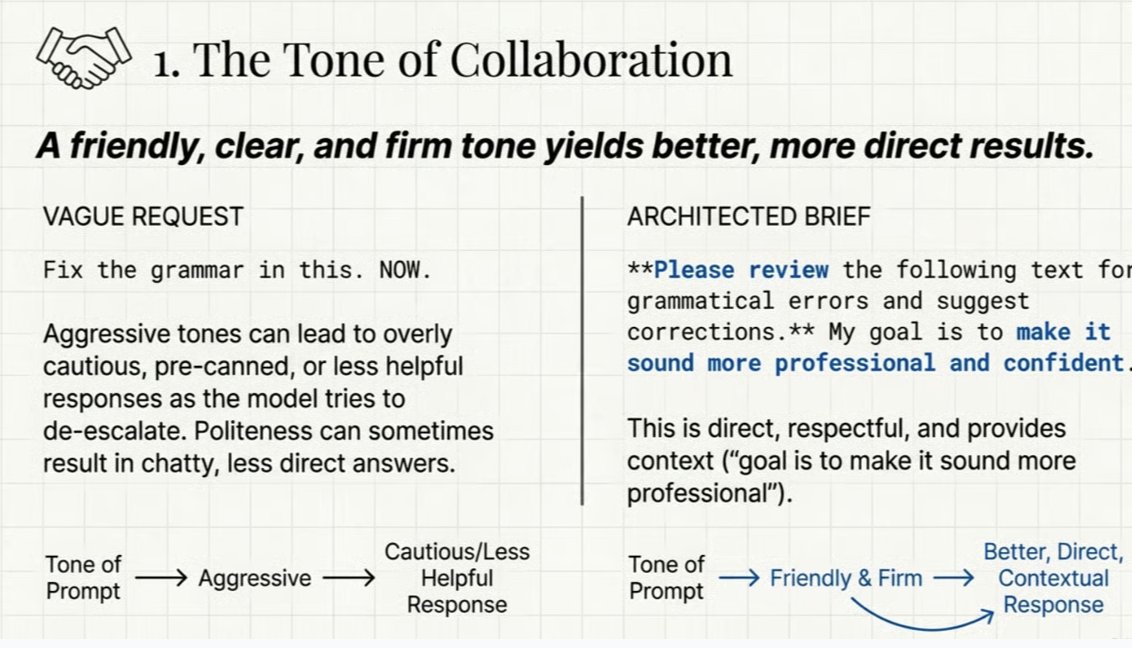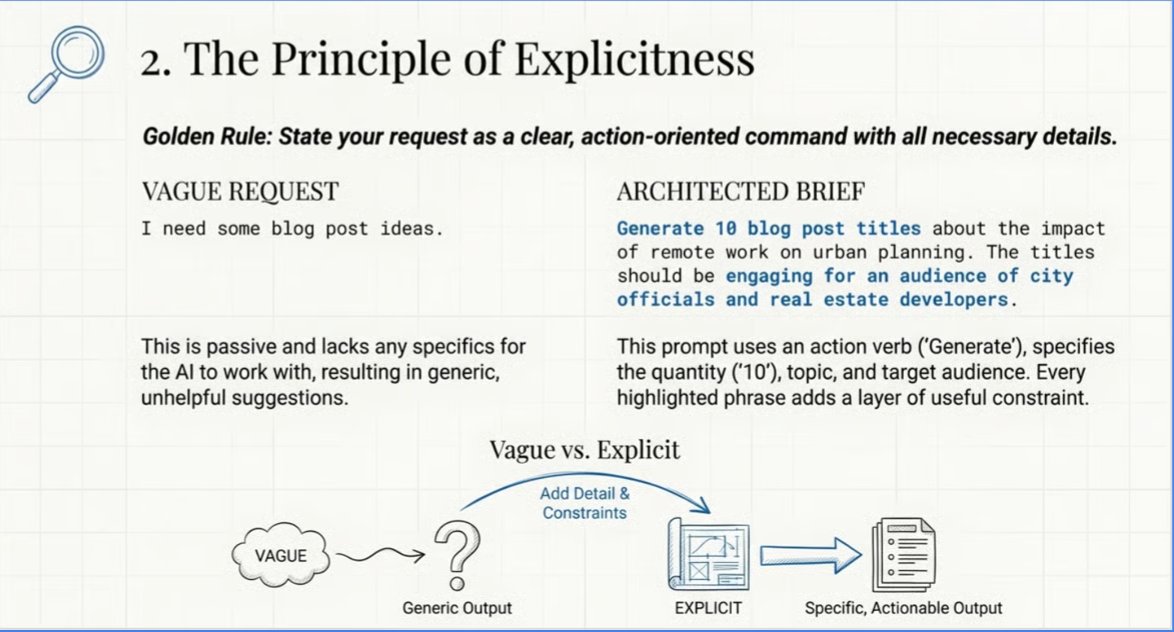BILLIONS ARE UP FOR GRABS WITH THIS AI WAVE
When I was 23, I watched fortunes get minted in the App Store gold rush in Silicon Valley because a handful of founders locked themselves in a room, ignored every shiny distraction, and got absurdly good at one thing...ranking on a brand-new leaderboard.
Same playbook today, except the leaderboard updates every sunrise. A new model, a fresh agent, an API nobody saw coming drops daily, and it’s easy to drown in release notes. Treat that overwhelm as proof you’re early. The only way out is to learn and ship your ideas at the same time.
Pick a single wedge in the AI stack, go six inches wide and a mile deep, and treat every experiment like a speed-run. Run 30-day cycles: build a micro-agent, thread it through the FYP, measure the spike, double down on what hits, kill everything else. Learn the tools, models, and workflows while you’re shipping...become an experimentation machine that levels up mid-sprint.
Keep score in happy customers, not VCs reaching out.
Energy matters while the window is cracked open, but focus compounds when it closes. The people who stay rich in the next cycle will be the ones who built distribution and product in the same keystroke, then said “no” 99 times out of 100. Calendar-block four-hour deep-work slabs, stack tiny launches, and let the market whisper which direction to sprint.
I'm here to tell you...
1. In five years we’ll call this chapter obvious. Right now it’s pure arbitrage.
2. Like all arbitrage, this window will close. I raised $2M to build a mobile app in 2018. It was too late. It made it 100x more difficult than launching in 2009.
3. There's a reason why Uber, Instagram and most of the mobile app success stories launched in the early app store era not post-covid.
4. you dont need co-founders or a seed round to get started
5. what you build this weekend could be worth millions by next year. new models + new platforms + new use cases = unlimited surface area for innovation.
6. the people who win aren't waiting for permission. they're shipping products and learning the tools simultaneously, treating each launch as data collection.
7. the window is temporary, but the wealth created during it will be permanent. the next Instagram, Uber, and Airbnb equivalents are being built right now with AI at their core.
8. there is a huge unfair advantage in knowing how to prompt, finding new workflows, seeking out new tools
9. the obvious AI use cases (content creation, coding assistance) are already saturated and extremely VC funded. the non-obvious ones (AI for physical world problems, niche industry applications) are wide open.
10. There is millions of dollars up for grabs just wrapping agents and selling them as work.
11. I will be sharing this stuff for free. i want to see you steal my ideas, my workflows, the tools I use and get absurdly wealthy, quit your 9-5, create happy customers and have fun.
12. THE WORLD IS YOUR OYSTER.
When I was 23, I watched fortunes get minted in the App Store gold rush in Silicon Valley because a handful of founders locked themselves in a room, ignored every shiny distraction, and got absurdly good at one thing...ranking on a brand-new leaderboard.
Same playbook today, except the leaderboard updates every sunrise. A new model, a fresh agent, an API nobody saw coming drops daily, and it’s easy to drown in release notes. Treat that overwhelm as proof you’re early. The only way out is to learn and ship your ideas at the same time.
Pick a single wedge in the AI stack, go six inches wide and a mile deep, and treat every experiment like a speed-run. Run 30-day cycles: build a micro-agent, thread it through the FYP, measure the spike, double down on what hits, kill everything else. Learn the tools, models, and workflows while you’re shipping...become an experimentation machine that levels up mid-sprint.
Keep score in happy customers, not VCs reaching out.
Energy matters while the window is cracked open, but focus compounds when it closes. The people who stay rich in the next cycle will be the ones who built distribution and product in the same keystroke, then said “no” 99 times out of 100. Calendar-block four-hour deep-work slabs, stack tiny launches, and let the market whisper which direction to sprint.
I'm here to tell you...
1. In five years we’ll call this chapter obvious. Right now it’s pure arbitrage.
2. Like all arbitrage, this window will close. I raised $2M to build a mobile app in 2018. It was too late. It made it 100x more difficult than launching in 2009.
3. There's a reason why Uber, Instagram and most of the mobile app success stories launched in the early app store era not post-covid.
4. you dont need co-founders or a seed round to get started
5. what you build this weekend could be worth millions by next year. new models + new platforms + new use cases = unlimited surface area for innovation.
6. the people who win aren't waiting for permission. they're shipping products and learning the tools simultaneously, treating each launch as data collection.
7. the window is temporary, but the wealth created during it will be permanent. the next Instagram, Uber, and Airbnb equivalents are being built right now with AI at their core.
8. there is a huge unfair advantage in knowing how to prompt, finding new workflows, seeking out new tools
9. the obvious AI use cases (content creation, coding assistance) are already saturated and extremely VC funded. the non-obvious ones (AI for physical world problems, niche industry applications) are wide open.
10. There is millions of dollars up for grabs just wrapping agents and selling them as work.
11. I will be sharing this stuff for free. i want to see you steal my ideas, my workflows, the tools I use and get absurdly wealthy, quit your 9-5, create happy customers and have fun.
12. THE WORLD IS YOUR OYSTER.
• • •
Missing some Tweet in this thread? You can try to
force a refresh










